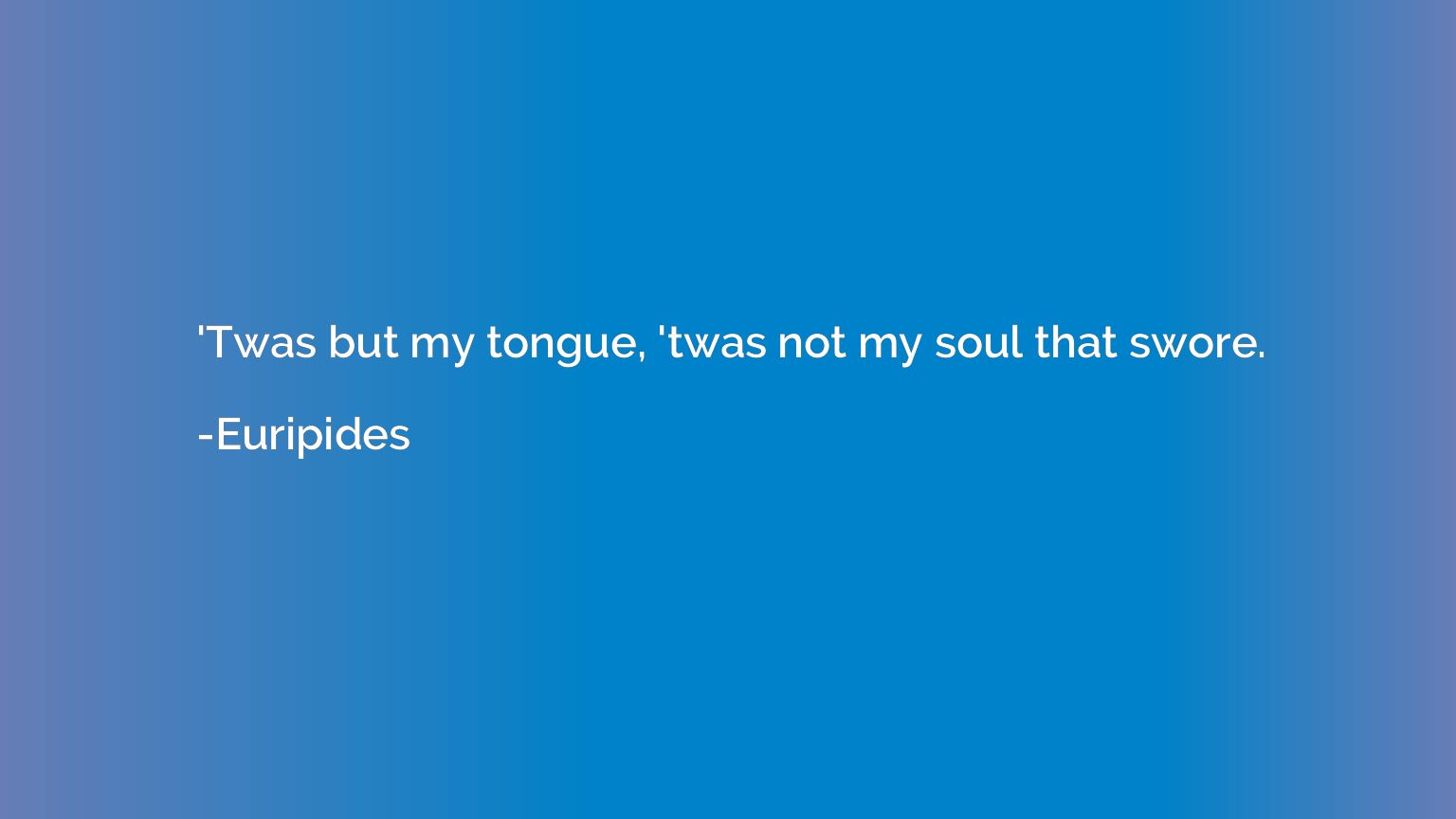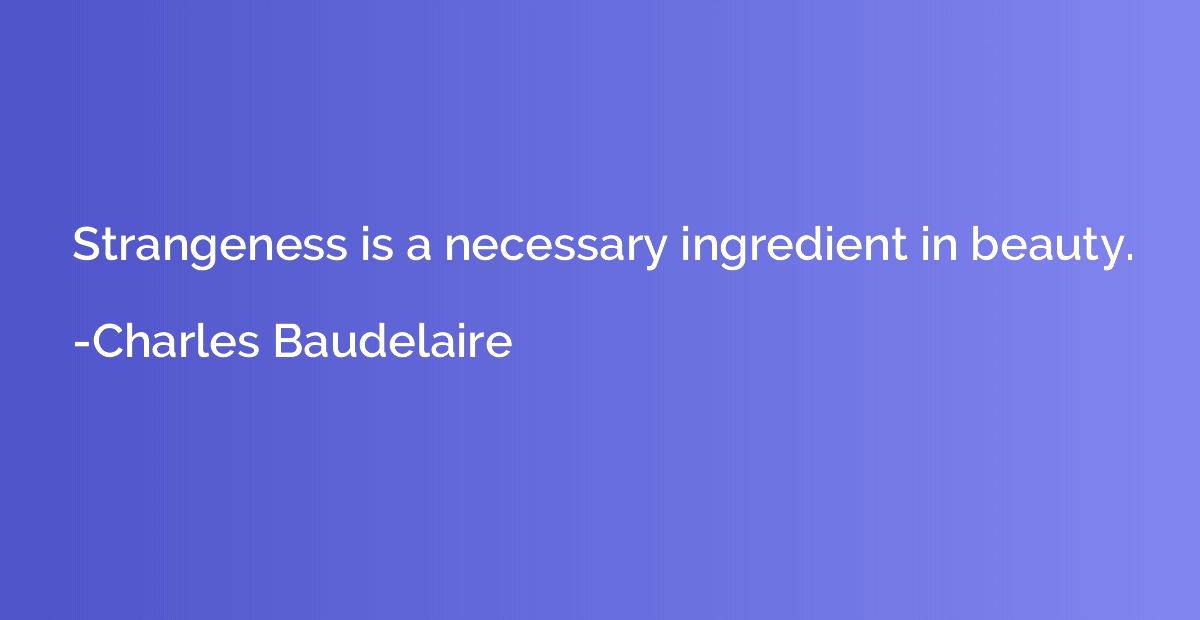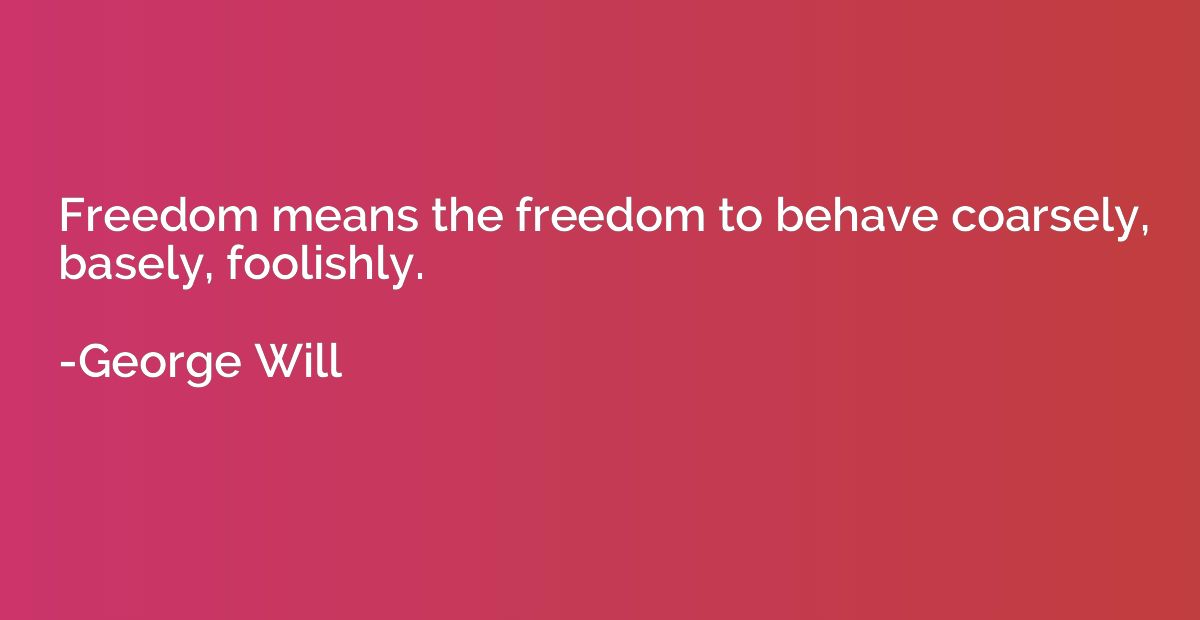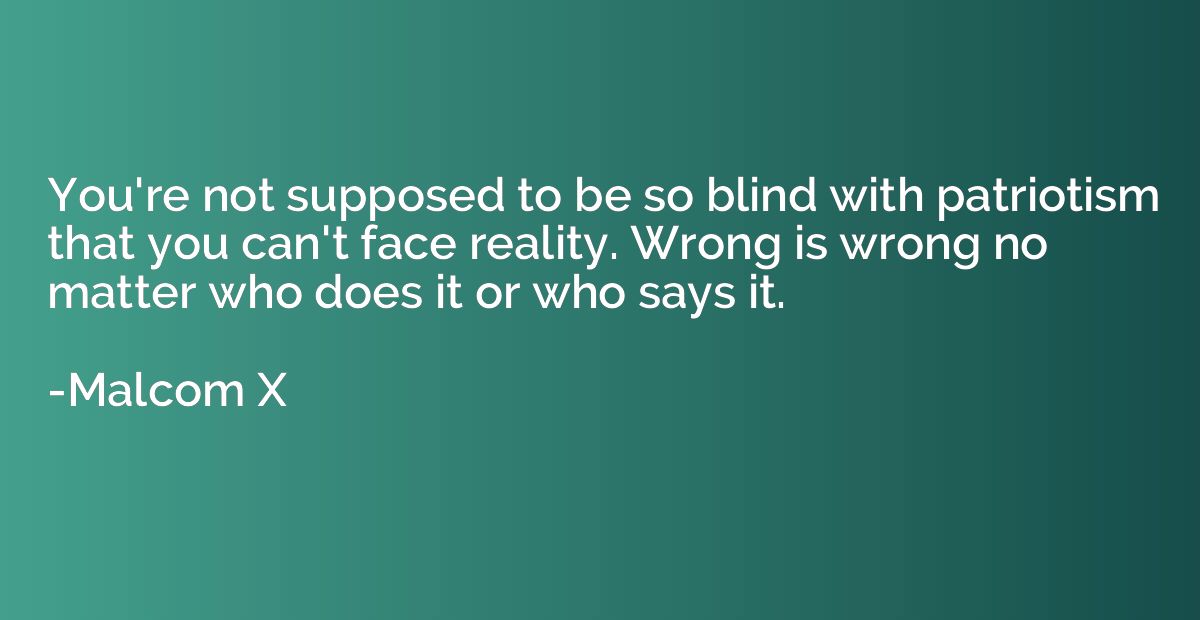Summary
In this quote, the speaker acknowledges that they made a promise or oath verbally, but they do not consider it to be a reflection of their true intentions or beliefs. The quote suggests that while they may have said something with their tongue, their inner self or soul does not align with that commitment. It highlights the discrepancy between one's verbal expression and their genuine feelings or commitment, revealing a sense of insincerity or lack of true conviction.
By Euripides















